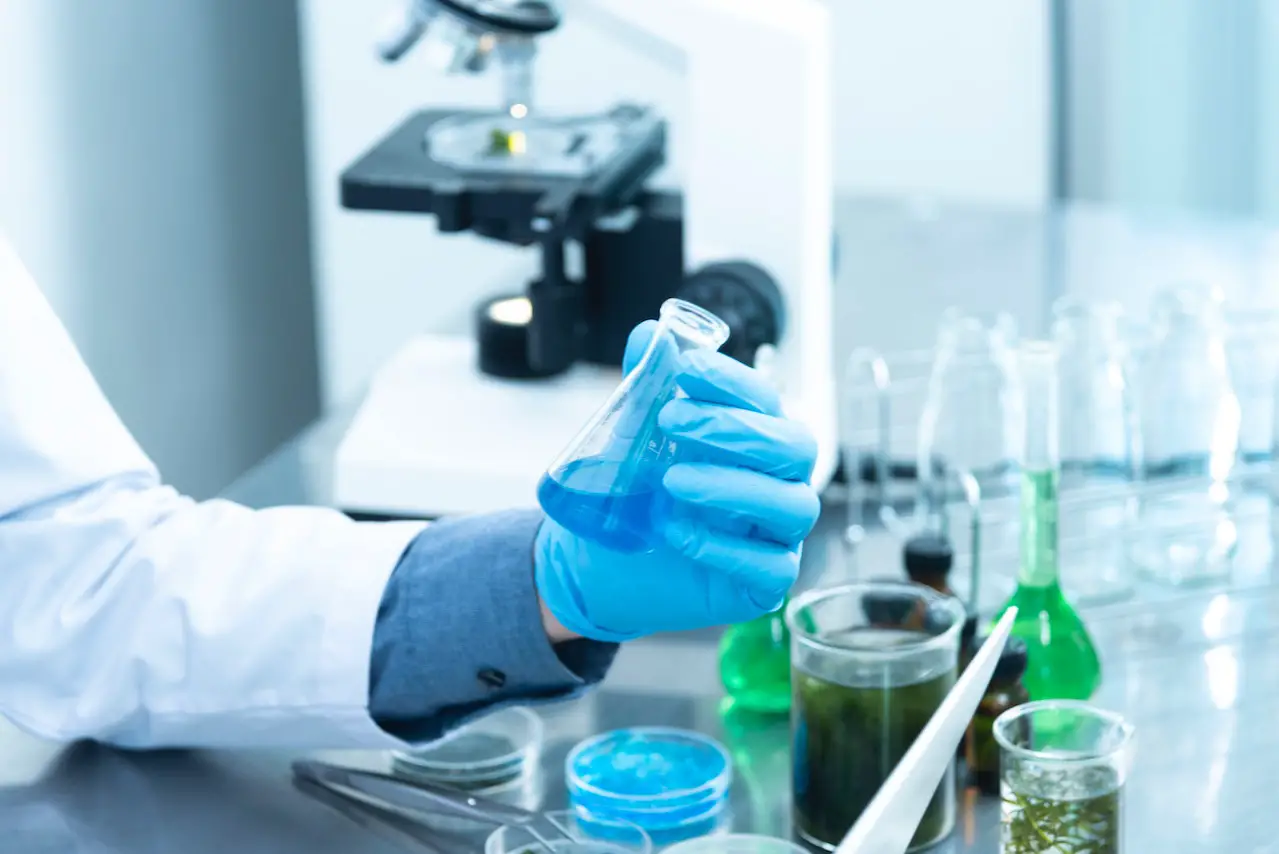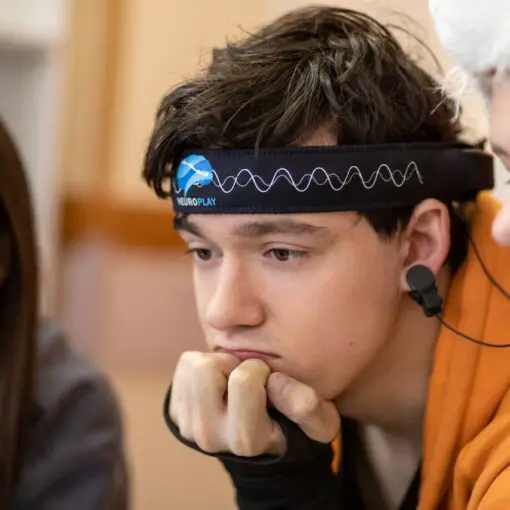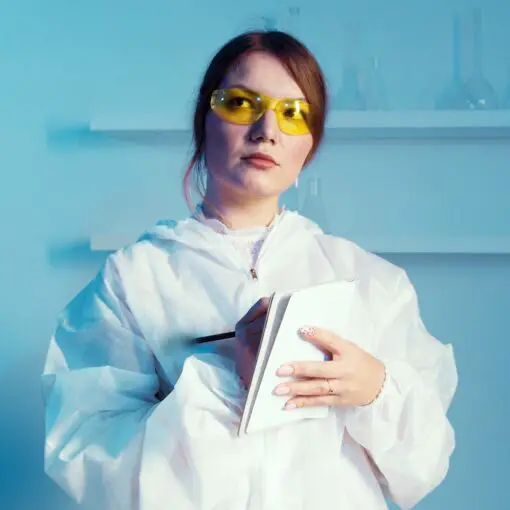Scientific literacy and critical thinking are essential components of a well-rounded education, preparing students to better understand the world we live in and make informed decisions. As science and technology continue to advance and impact various aspects of our lives, it is increasingly important for individuals to develop the ability to think critically about scientific information, fostering a deeper understanding of the implications and consequences of such advancements. By fostering scientific literacy, students become equipped with the knowledge and skills to actively engage with science-related issues in a responsible and informed manner.
The development of critical thinking skills is crucial not only within the realm of science, but across all disciplines and aspects of life. These skills enable individuals to analyze, evaluate, and synthesize information—essential attributes for navigating the modern world. As science communication and dissemination become more widespread, having the ability to critically assess validity, objectivity, and authority is paramount to being a responsible and engaged citizen.
Focusing on scientific literacy and critical thinking in education prepares students for a world where science and technology play a pivotal role across numerous fields. By cultivating these capacities, students will be better prepared to face complex issues and tasks, contribute positively to society, and pave the way for continued advancements and innovations.
Key Concepts and Principles
Science Education Foundations
Scientific literacy and critical thinking are essential components of a well-rounded science education. These foundational skills equip students with the ability to understand key concepts, develop scientific reasoning, and utilize scientific knowledge for personal and social purposes as defined in Science for All Americans.
A strong science education involves:
- Acquiring scientific knowledge and understanding the core concepts of various disciplines
- Developing the ability to analyze and evaluate scientific claims and arguments
- Enhancing writing and communication skills to effectively convey scientific ideas
By focusing on these elements, educators empower students to think and function as responsible citizens in an increasingly science-driven world.
Metacognition and Reflection
Metacognition, or the process of thinking about one’s own thinking, plays a crucial role in fostering critical thinking skills in science education. Cambridge highlights key steps in the critical thinking process, which include:
- Identifying a problem and asking questions about that problem
- Selecting information to respond to the problem and evaluating it
- Drawing conclusions from the evidence
By incorporating metacognitive strategies and promoting reflection throughout the learning process, educators enable students to actively engage with scientific concepts, building a deeper understanding and fostering critical thinking abilities.
In summary, a well-rounded science education places emphasis on the development of scientific literacy and critical thinking skills, based on a strong foundation in core concepts and knowledge. Incorporating metacognitive strategies and promoting reflection throughout the learning process further enhances these skills, equipping students for success in their future scientific endeavors. Remember to maintain a confident, knowledgeable, neutral, and clear tone of voice when discussing these topics.
Curriculum and Pedagogy
Teaching and Learning Approaches
Teaching and learning approaches play a crucial role in promoting scientific literacy and critical thinking skills among students. One effective strategy for encouraging these skills is to create a thinking-based classroom, where the learning environment is shaped to support thinking and create opportunities for students to engage in scientific concepts1.
Educators can achieve this by incorporating a variety of pedagogical techniques, such as:
- Scaffolded instruction: Gradually develop students’ understanding by modeling, guided instruction, and eventually allowing students to take ownership of their learning.
- Inquiry-based learning: Encourage exploration and questions to build understanding of scientific concepts.
- Collaborative learning: Use group projects and discussions to inspire debate and foster interaction among students, allowing them to learn from one another’s perspectives.
Incorporating Argumentation and Experimentation
Argumentation and experimentation are key components of scientific inquiry that contribute to students’ scientific literacy and critical thinking skills:
- Argumentation: Incorporating argumentation in the curriculum helps students learn how to construct, evaluate, and refine scientific claims based on evidence2. This can be done through structured debates, teaching students to craft written scientific arguments, and evaluating peer arguments in a constructive manner.
- Experimentation: Encouraging students to engage in hands-on experimentation allows them to explore scientific concepts more deeply while fostering their critical thinking skills3. Providing opportunities for experimentation can include designing experiments, carrying them out, analyzing data, and drawing conclusions.
By incorporating these teaching and learning approaches, as well as focusing on argumentation and experimentation, educators can effectively promote scientific literacy and critical thinking skills in their curriculum and pedagogy.
Assessing Scientific Literacy and Critical Thinking Skills
Test Instruments and Procedures
There are various test instruments designed to assess students’ scientific literacy and critical thinking skills. One such instrument is the Test of Scientific Literacy Skills (TOSLS), which focuses on measuring skills related to essential aspects of scientific literacy, such as:
- Recognizing and analyzing the use of methods of inquiry that lead to scientific knowledge
- Organizing, analyzing, and interpreting quantitative data and scientific information
The TOSLS is a multiple-choice test that allows educators to evaluate students’ understanding of scientific reasoning and their ability to apply scientific concepts in real-life situations.
Apart from standardized tests, it is crucial to incorporate critical thinking into everyday learning activities. Educators may use various methods, such as discussing complex scientific problems within the context of current events and engaging students in collaborative problem-solving tasks.
International Comparisons
When evaluating scientific literacy and critical thinking skills, it is helpful to put the findings into a broader context by comparing them with international standards and benchmarks. One significant international study is the Programme for International Student Assessment (PISA), which measures the knowledge and skills of 15-year-olds in reading, math, and science every three years. PISA assesses students based on their abilities to use their scientific knowledge for:
- Identifying scientific issues
- Explaining phenomena scientifically
- Evaluating and designing scientific enquires
By evaluating and comparing students’ performance across different countries, PISA contributes to a deeper understanding of different strategies and curricula used to foster scientific literacy and critical thinking skills in different educational contexts.
In conclusion, the assessment of scientific literacy and critical thinking skills is critical for evaluating the quality of science education. By using well-validated test instruments and comparing students’ performance internationally, educators can better understand the effectiveness of different teaching strategies and work to improve science literacy and critical thinking skills for all students.
Factors Influencing Performance and Motivation
Role of Gender in Physics Education
Research indicates that gender plays a significant role in students’ performance and motivation in physics education. Male and female students exhibit different levels of interest and confidence in the subject, which impact their academic achievements. A correlational study found a positive relationship between critical thinking skills and scientific literacy in both genders but did not identify any significant correlation between gender and these skills.
It is essential to recognize and address these gender differences when designing curriculum and learning environments to encourage equal participation and confidence in physics education for all students.
Decision Making and Problem-Solving
Developing strong decision-making and problem-solving skills are crucial components of scientific literacy. These skills enable students to apply scientific concepts and principles in real-world situations while reinforcing a more humanistic culture based on rational thinking, as highlighted in this article.
- Motivation: A student’s motivation to learn and engage in scientific activities plays a vital role in the development of their decision-making and problem-solving skills. High motivation levels promote curiosity, actively seeking knowledge, and persistence in solving complex problems.
- Correlation analysis: Studies have shown a positive relationship between scientific literacy, critical thinking, and the ability to use scientific knowledge for personal and social purposes. This correlation underlines the importance of fostering these skills in the education system.
When incorporating decision-making and problem-solving skills into science education, focus should be placed on engaging students in critical thinking exercises and creating a conducive learning environment that encourages curiosity, exploration, and collaboration.
Scientific Literacy in Everyday Life
Interpreting News Reports
Scientific literacy plays a crucial role in interpreting news reports. A confident, knowledgeable, and neutral understanding of scientific principles and facts allows individuals to critically evaluate the claims made in news articles or television segments, and determine the validity of the information presented.
For example, when encountering a news report about a new health study, it is essential to consider sample size, research methodology, and potential conflicts of interest among the researchers. A clear understanding of these factors can help prevent the spread of misinformation and promote informed decision-making.
Moreover, separating scientific facts from theories enables individuals to better grasp the certainty and uncertainty surrounding the news report. This distinction is crucial for discerning the current state of scientific knowledge and identifying areas where more research is needed.
Understanding and Evaluating Scientific Facts
Maintaining a neutral and clear perspective on science allows individuals to effectively understand and evaluate scientific facts. This involves understanding the difference between facts, which are verifiable pieces of information, and theories, which are well-substantiated explanations for observable phenomena.
For instance, the recognition that the Earth revolves around the Sun is a fact, while the theory of evolution provides a comprehensive explanation of the origin and development of species. Developing the ability to analyze and contextualize scientific information is crucial for forming well-grounded opinions and engaging in informed discussions.
Moreover, the promotion of scientific literacy allows for the appreciation of the interrelatedness of scientific disciplines. This comprehensive understanding can enhance the assessment of scientific facts and their implications in various aspects of daily life, such as making informed choices about healthcare, technology, and environmental issues. Keeping these considerations in mind, fostering scientific literacy and critical thinking skills are essential for responsible citizenship and decision-making in the modern world.
Future Research Agenda
Developing scientific literacy and critical thinking skills is crucial in today’s world, both for individual success and society as a whole. Consequently, a future research agenda exploring these areas is essential, particularly in relation to high school students as they prepare to become responsible citizens.
One of the key issues to address within this agenda is the relationship between science knowledge and attitudes toward science. This includes assessing whether a significant correlation exists between improved scientific understanding and more positive attitudes towards the scientific method and scientific discovery. Gaining insights into this aspect will help guide the development of educational resources and methodologies to foster a more science-minded society.
Another area of interest is the utility of scientific literacy in various career and life contexts. This would involve studying how scientific literacy can be applied to non-science fields, and how it influences individuals’ decision-making processes and problem-solving abilities.
Moreover, research should explore the relationship between science literacy and other literacy skills, such as mathematics, reading comprehension, and writing. This may help educators develop interdisciplinary curricula that promote the growth of critical thinking abilities and scientific understanding simultaneously.
Furthermore, emphasizing the role of scientific literacy for citizens as decision-makers is crucial. It is important to examine how improved scientific literacy influences students’ capacities to evaluate information, engage in public discourse, and make informed choices on matters that involve scientific data or principles.
Lastly, it might be beneficial to investigate the impact of innovative teaching methods, such as transformative science education and futures thinking, on developing students’ scientific literacy and critical thinking abilities. By shedding light on possible approaches that foster these essential skills, researchers can contribute to the continuous evolution of science education.
In summary, focusing on these key threads in a future research agenda will be invaluable in promoting a deeper understanding of scientific literacy and critical thinking skills. By doing so, we can work towards equipping high school students with the tools required to navigate an increasingly complex and science-driven world.
Frequently Asked Questions
What are the benefits of having scientific literacy and critical thinking skills?
Scientific literacy and critical thinking skills are essential for individuals to understand the world around them and make informed decisions. These skills enable people to differentiate science from pseudoscience and evaluate the credibility of information. Moreover, scientifically literate citizens are better equipped to participate in important societal discussions and contribute to policy-making processes.
How can educators effectively teach scientific literacy and critical thinking skills?
Educators can teach these skills by designing activities that promote critical thinking and scientific inquiry. For example, teachers can create learning experiences where students identify problems and ask questions about them, select relevant information, and draw conclusions based on evidence. Furthermore, incorporating case studies, group discussions, and scientific experiments into the curriculum can help students develop these skills.
What role does digital literacy play in promoting scientific literacy and critical thinking?
Digital literacy is an essential component in fostering scientific literacy and critical thinking. In today’s technology-driven world, individuals must be capable of navigating and evaluating online resources to access accurate information. Digital literacy skills, such as determining the credibility of websites and online articles, can help learners critically assess scientific information, weighing the evidence to form well-founded opinions.
How do life and career skills relate to scientific literacy and critical thinking?
Life and career skills, such as communication, problem solving, and adaptability, are intertwined with scientific literacy and critical thinking. These abilities are crucial in equipping individuals to face real-world challenges and make informed decisions in various fields, from science and technology to business and government. An understanding of scientific principles and the ability to think critically foster the development of crucial life and career skills that are increasingly sought-after in today’s world.
What’s the connection between problem-solving skills and scientific literacy?
Problem-solving skills are closely related to scientific literacy, as they empower individuals to analyze situations, identify problems, and devise appropriate solutions. Scientific literacy involves understanding scientific ways of knowing and thinking critically about the natural world. In essence, acquiring scientific literacy enables individuals to apply the principles and methods of science to problem-solving situations in various aspects of life.
How can reflective practice enhance critical thinking in science?
Reflective practice is a valuable tool in enhancing critical thinking skills in science. It involves examining one’s thoughts, actions, and experiences to learn and improve. By engaging in reflective practice, learners can identify personal biases, recognize gaps in their understanding, and determine ways to improve their scientific knowledge and thinking abilities. This process, in turn, promotes critical thinking and a deeper understanding of scientific concepts.





